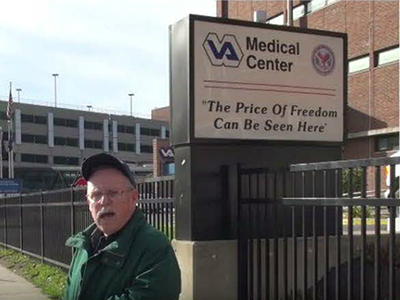D’Aniello IVMF Names Stacy Hawkins as Managing Director of Research and Evaluation
The D’Aniello Institute for Veterans and Military Families (IVMF) is proud to announce the appointment of Stacy Hawkins as the new managing director of research and evaluation. A nationally respected behavioral research scientist, Hawkins brings more than 15 years of…


